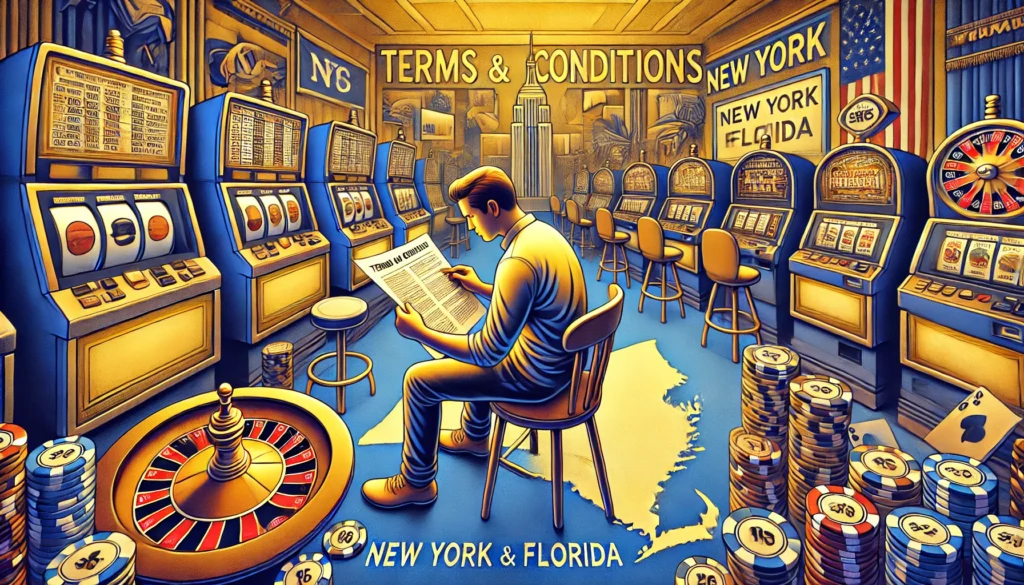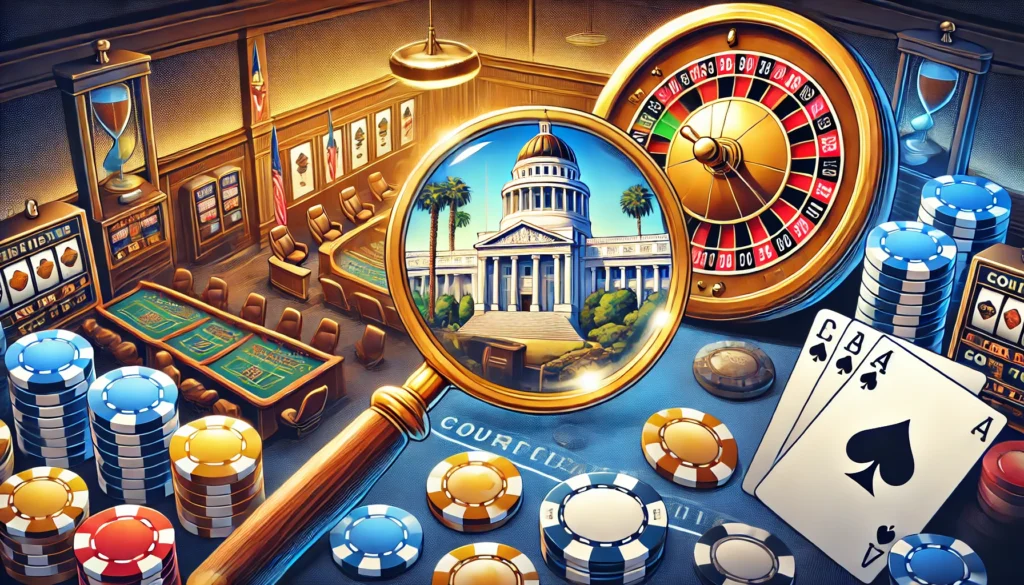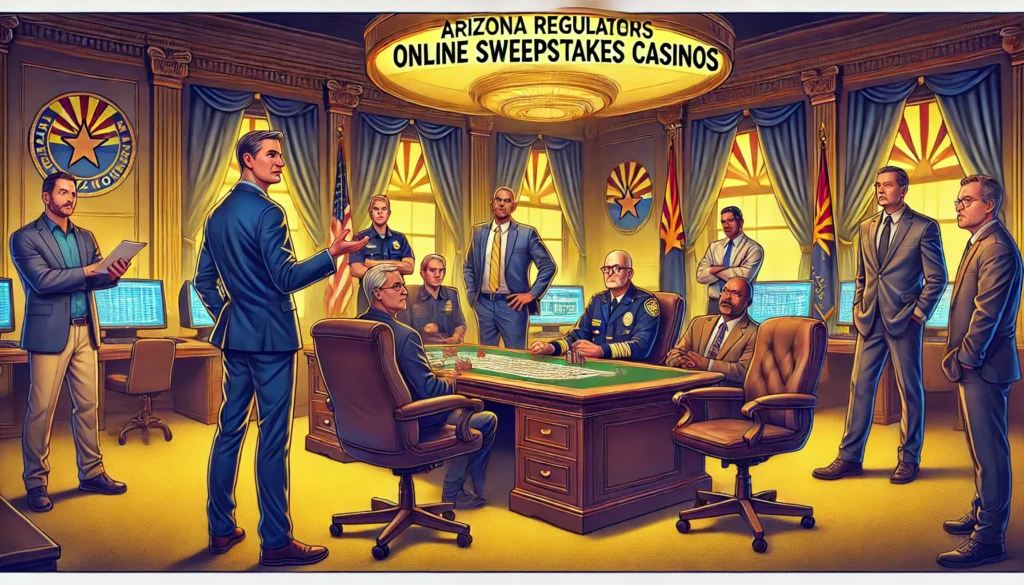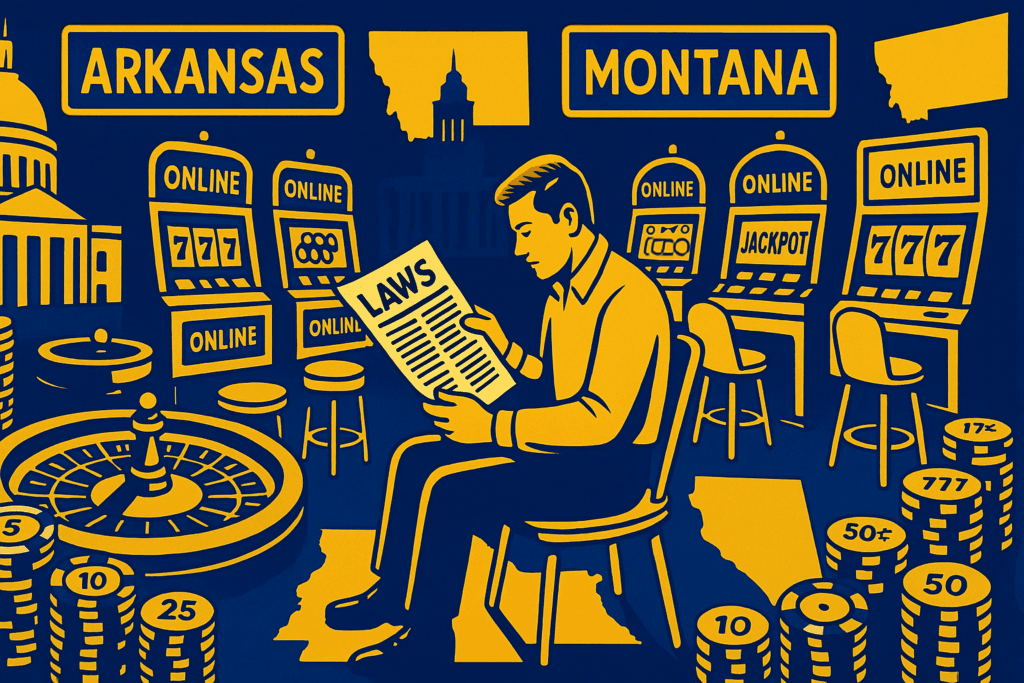In what appears to be a notable shift from past strategies, the Social and Promotional Games Association (SPGA) has taken a broader and more nuanced approach in its opposition against Senate Bill 181, a bill introduced in Louisiana that would restrict and potentially criminalize sweepstakes gaming models.
Instead of utilizing the standard “we oppose” narrative, the SPGA has decided to highlight the potential far-reaching and unintended consequences of the measure, creating a new phase in sweepstakes industry advocacy efforts.
Goodbye Marriott Bonvoy and Delta SkyMiles?
In the past, the SPGA has focused responses to anti-sweeps bills on the legal nature of social sweepstakes gaming services. These platforms offer free-to-play gaming experiences and differ from traditional online casinos because they use Gold Coins and Sweeps Coins rather than real money. Gold Coins can’t be redeemed for real cash. However, Sweeps Coins can, which is the root of most opposition against sweeps gaming.
The SPGA has traditionally emphasized the importance of protecting models that provide entertainment without the need for a monetary wager. However, in its recent response against SB 181, the SPGA drew attention to a broader economic and technological impact that the legislation could activate.
In a LinkedIn post, the SPGA underscored that it believes measures like SB 181 could negatively affect sweepstakes operators as well as other more widely accepted business models in other industries. The response pointed out that companies in various sectors have used sweepstakes as a legal promotional tool for decades.
According to the SPGA, the failure to distinguish between lawful activities and gambling within SB 181 threatens these businesses and undermines the established frameworks that support innovation and economic growth.
The SPGA pointed out that programs such as Marriott Bonvoy, Delta SkyMiles, United MileagePlus, and Hilton Honors could easily be affected by SB 181. These programs are well-established and may be in legal jeopardy based on the bill’s current language, according to the SPGA, an outcome damaging consumer trust.
This framing by the SPGA attempts to reposition the conversation, showing lawmakers and stakeholders that overreaching regulations risk collateral damage to legitimate forms of commerce, such as travel and hospitality, tech, and digital promotions.
‘Far-reaching, unintended consequences’
I contacted the SPGA with questions about the response to the bill. I wanted to learn more about the rationale behind the new messaging approach and how the association feels SB181 could impact legitimate business models beyond gaming.
In response, a spokesperson for the SPGA stated that the group’s recent comments highlight a key concern.
“These poorly drafted proposals don’t just target sweepstakes platforms,” the spokesperson said. “They could have far-reaching, unintended consequences for established industries — from travel rewards and loyalty programs to marketing and payment systems, all of which millions of Americans rely on every day.”
The SPGA spokesperson also reiterated that the heart of the group’s work is its commitment to protecting responsible innovation, safeguarding consumer choice, and collaborating with lawmakers to create smart, modern regulations that reflect how people engage with digital entertainment today.
This year, several bills have been introduced across the U.S. to try and stop sweepstakes gaming operations.
The SPGA spokesperson that this year, the group has seen a few hastily prepared, broad proposals intended to make social sweeps illegal — and that the measures are “often influenced by entrenched interests, pushing to ban legal, consumer-friendly products without solid evidence to support such drastic actions.”
So far, of the 11 bills introduced against sweepstakes betting, three have been unsuccessful and removed from consideration. Each bill takes a different approach to how the industry would operate, with most adding some form of criminal charge against operators, suppliers, payment processors, and affiliates.
A more strategic approach to policy discussions
The SPGA’s response to Louisiana’s SB 181 marks an evolution in how the sweepstakes gaming industry defends itself.
By broadening the conversation beyond gaming and focusing on the potential unintended consequences on established business models, the SPGA is taking a more strategic approach to policy discussions.
As more bills could emerge this year, the shift in messaging may be critical to protecting sweepstakes platforms and educating lawmakers on the additional implications of legislation language.








